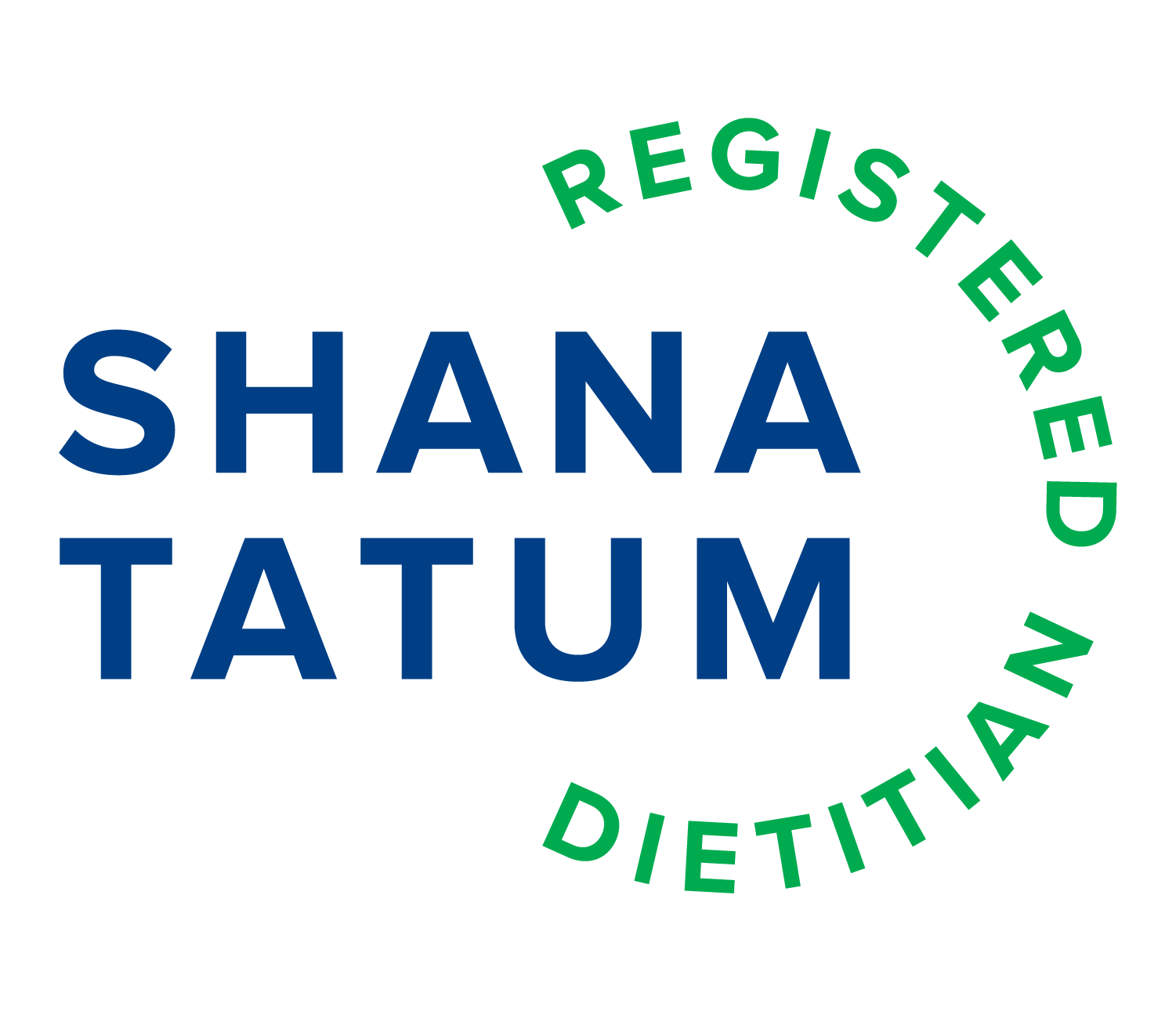To Detox or Not To Detox
Photo by Vegan Liftz
This month we are looking at how Nutrition affects the health of the liver. You may not think much about the liver and what it does, but many of its functions you may appreciate. The liver is the largest visceral organ in the body and is the center for metabolic regulation. It has more than 200 functions that can be divided into metabolic regulation (processing of carbohydrates, fats and proteins), hematologic regulation (removes hormones and antibodies in the blood) and bile regulation (emulsification or breakdown of fats). The liver is officially considered one of the accessory organs of the digestive system due to the many roles it plays in digestion and metabolism.
The liver is naturally designed for waste removal and detoxification. Going on a detox diet is not usually necessary. The exception would be special cases of environmental or biotoxin overload that would require the removal of heavy metals like mercury and lead or biotoxins such as mold. It is popular to see in social media the latest news of a detox diet or a cleanse. These may actually cause more harm than good depending on the foods and beverages taken in during the detox or cleanse as well as the state of health during such a process.
It is true that today we see more chemicals present in the body than ever before. The Environmental Protection Agency lists 86,228 chemicals in the Toxic Substances Control Act. Sources like pesticides and herbicides, fertilizers, heavy metals and plastics should be avoided as possible. Purchasing organic produce from the EWG.org’s “Clean Fifteen” list, not reheating or storing food in plastic containers and avoiding excessive alcohol use are a few choices to consider. Drinking filtered water and using natural personal care products and household cleaners without perfumes are other steps to take to support good liver health.
There are things we can naturally include in the diet that can support the liver’s own miraculous processes. A steady supply of these foods is even more important in the presence of chronic health conditions such as cardiovascular disease, type two diabetes, neurological disease such as Parkinson’s or Alzheimer’s disease as well as autoimmunity. These conditions are sometimes connected to toxin buildup which increases our needs for foods high in antioxidants and phytonutrients. Furthermore, high reliance on certain medications such as acetaminophen can also contribute to additional taxing of the liver.
The liver has two basic pathways to detoxify, phase I and phase II reactions. In phase I, enzymes convert toxins that are fat soluble into water soluble compounds. The nutrients needed for this include B vitamins such as riboflavin, niacin, B6, folic acid and B12 as well as flavonoids and phospholipids. The second pathway called phase II works to excrete these toxins from the body once converted to the water soluble state. Our need for support here would be met with amino acids (proteins) such as glycine, taurine, glutamine and N-acetyl-cysteine. No need to rush out to the nearest drug store. All these nutrients are found in everyday foods we enjoy.
Consider the menu below as an example of foods to enjoy that support liver health.
Breakfast: 2 Scrambled eggs in avocado oil with Spinach, Mushrooms and Onions or Shallots.
Lunch: Kale Salad with Chickpeas, Roasted Sweet Potatoes and Cauliflower with a dressing made from Tahini (ground sesame seeds), Lemon and Olive oil.
Snack: Apple slices with Cashew Butter or Walnuts
Dinner: Salmon with a side of Roasted Broccoli and Quinoa with Cherries.
Sounds delicious, right?
These foods support both phase I and phase II detoxification pathways. They are rich in antioxidants that fight oxidative stress and supply amino acids that are protective to damage caused by toxins. If you are curious if a food has antioxidants, the more colorful it is the more antioxidant power it has. Of particular support are the cruciferous vegetables such as kale, broccoli and cauliflower. These contain a chemical compound called sulforaphane that improves the antioxidant power in the body.
The natural intelligence of the human body can resolve so many insults. No need for the latest detox diet or internet cleanse. When we feed it good foods, reduce stress, make sleep a priority and enjoy strong relationships in our lives, it will respond in positive ways.

